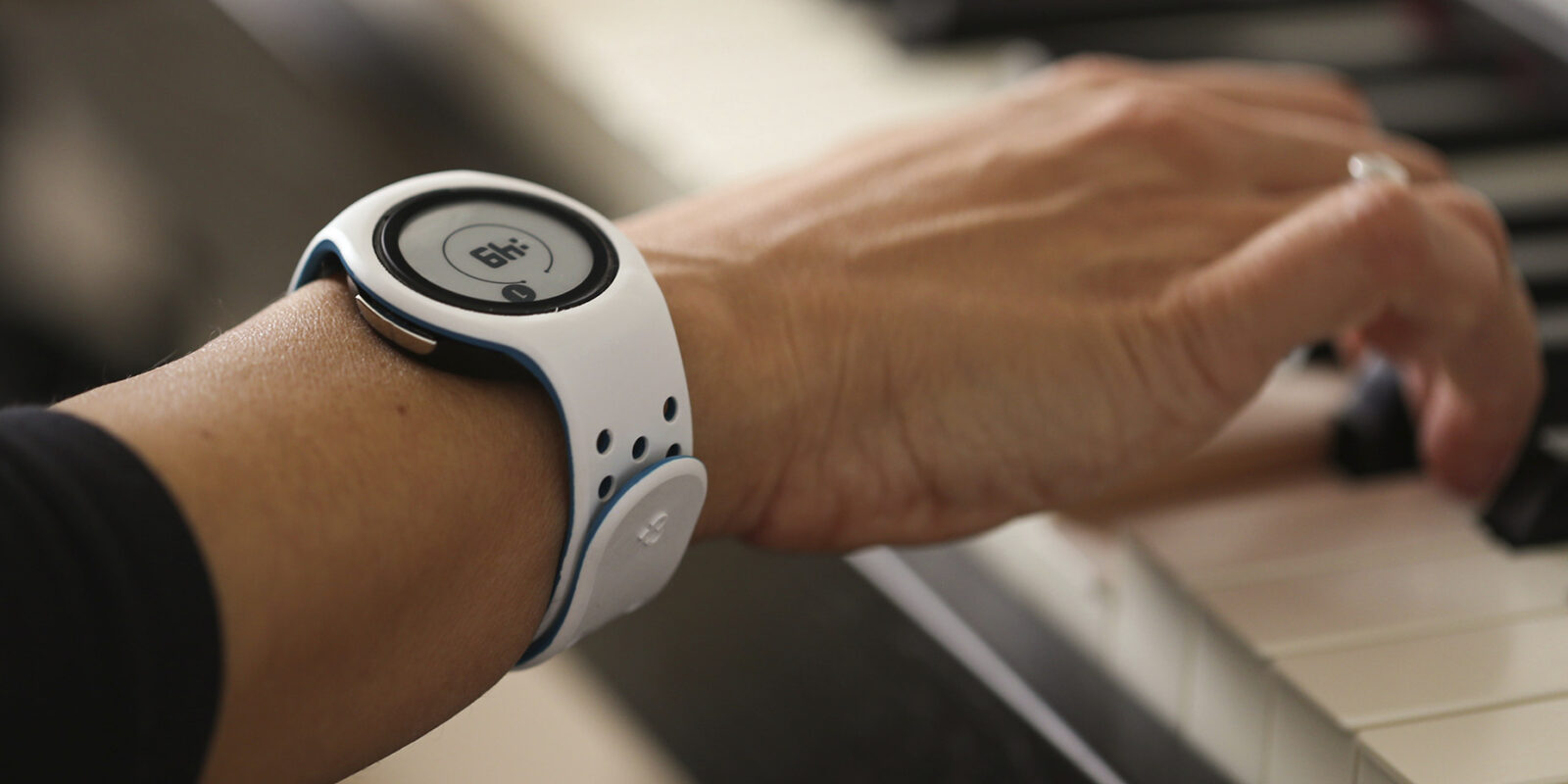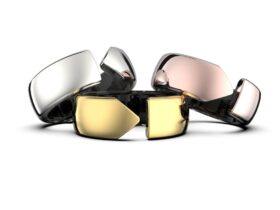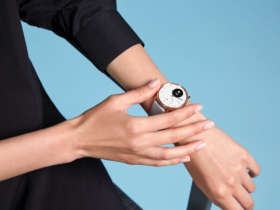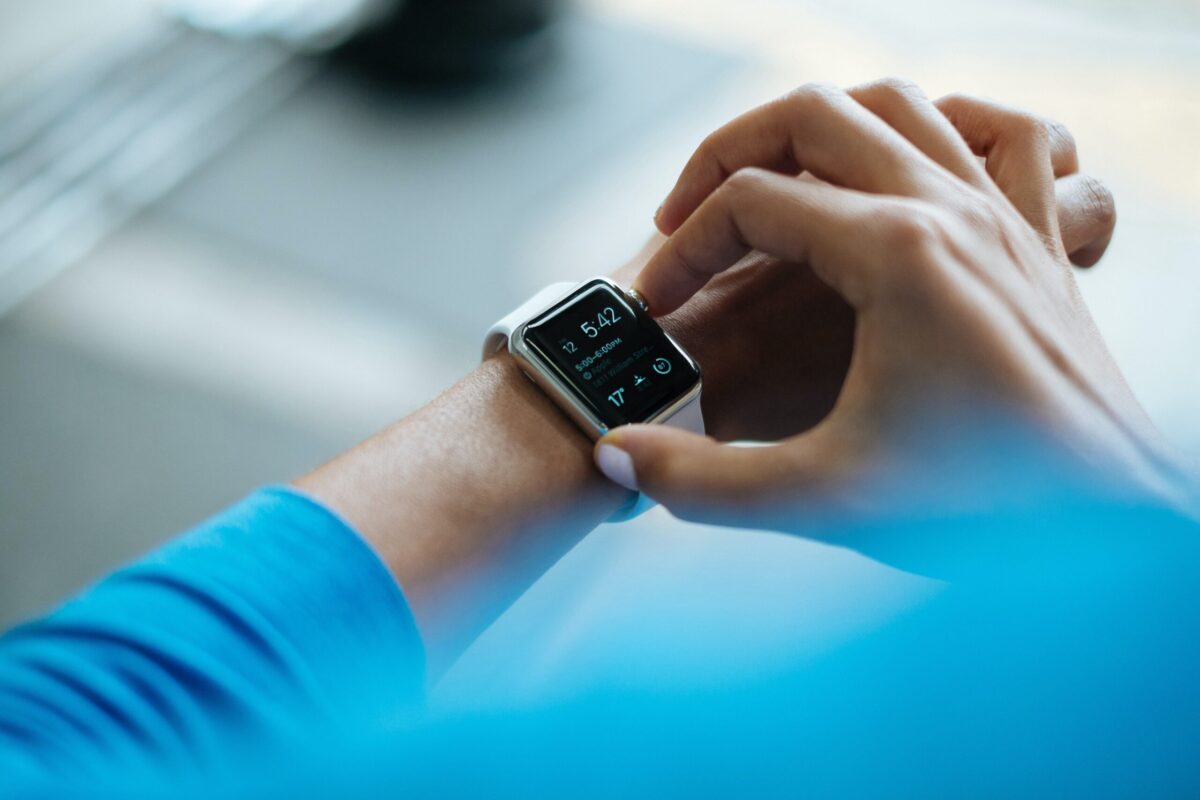A special report published in the journals Epilepsia and Clinical Neurophysiology by Sándor Beniczky et al. in December 2020 notes that wearable devices are capable of performing highly accurate automated detections of generalized tonic-clonic seizures and focal to bilateral tonic-clonic seizures.
For that reason, the researchers behind the guideline recommend that patients with the risk of developing either of these kinds of seizures carry a clinically validated wearable device that offers automated seizure detection as a supplement to other precautions and treatment.
Generalized tonic-clonic seizures are seizures that may involve all areas of the brain and causes convulsions. Focal tonic-clonic seizures start in one part of the brain and either remain there or spread to other or all areas of the brain.
Thus, a focal to bilateral tonic-clonic seizure is a seizure that starts in one area of the brain, then spreads to both sides of the brain.Wearables can be used to detect seizures for both patients at home and for patients in ambulatory treatment at a clinic who do thus not need hospitalization.
Carrying a wearable device can especially be helpful for unsupervised patients because it will be easier to get help and to get it faster than without a wearable device. Evidence was less clear for other types of seizures.
Therefore, the research groups do not recommend clinical use of the wearable devices that were available when the article was published for other types of seizures.
Beniczky et al. based their article on a clinical practice guideline developed by The Working Group of the International League Against Epilepsy (ILAE) and the International Federation of Clinical Neurophysiology (IFCN).













Leave a Reply